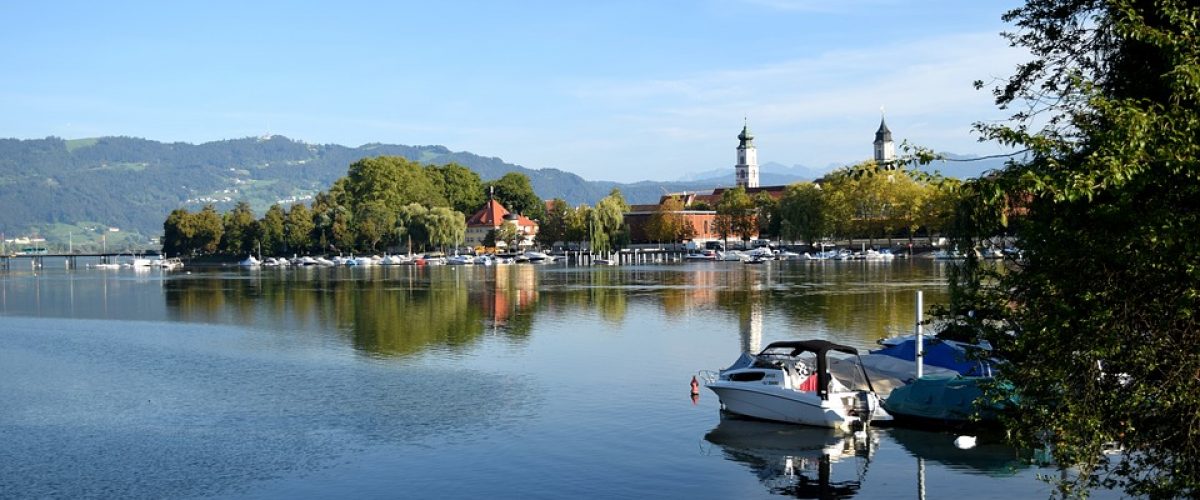Living Lakes: the network for the protection of wetlands
The Living Lakes network is an international network for the conservation, restoration and management of wetlands in the world and is active on 5 continents, with over 100 lakes monitored. It was created in 1998 by the Global Nature Fund, an independent, non-profit international foundation for the protection of the environment and nature, based in Radolfzell on Lake Constance, Germany.
Every two years, members of the network meet in one of the countries where the lakes are monitored to analyse the conservation and protection of water, wetlands, other freshwater bodies and their catchment areas.
The aim of the network is to protect the Earth’s great reservoirs of drinking water, which are essential for life, as the United Nations says when it denounces the critical situation of about 1.4 billion people, who suffer from water shortages or poor water quality.
In fact, wetlands are the arteries and veins of our landscape and, although they cover a small percentage of the surface area, they are a source of health and wealth: they provide fresh water, guarantee food supplies and help maintain biodiversity. Wetlands also help us prepare for, cope with and recover from the impacts of climate change and are the livelihoods of hundreds of millions of people around the world. Fishing, aquaculture, rice crops, harvesting oil and medicinal plants or even tourism depend on wetlands. Therefore all lakes, wetlands and freshwater bodies in the world should be healthy ecosystems and their use should be sustainable and not harmful to the environment.
By preserving biodiversity, restoring altered and disappearing wetlands and supporting the sustainable development of those ecosystems, Living Lakes also and above all impacts on the quality of life of local communities living near lake ecosystems. By defending the ecosystem, local communities are defended, improving the quality of life of many people in the world.
Wetlands (grasslands, rivers, lakes and swamps) not only recharge groundwater by watering billions of people, but are indispensable for our society and our planet in many ways:
– They provide clean water by filtering out harmful waste;
– they can function as sponges by absorbing and storing excess rainfall, for example during floods or releasing stored water during dry seasons, delaying the onset of drought and minimizing water shortages;
– absorb and store carbon naturally thanks to the bogs, mangroves and algae present. Bogs cover about 3% of the world’s land and store about 30% of all the earth’s carbon, twice as much as all the world’s forests combined. However, when burned or drained for agricultural use, they become carbon emitters;
– they are home to more than 100,000 freshwater species and are essential for many amphibians, reptiles and birds that migrate or are bred there.

